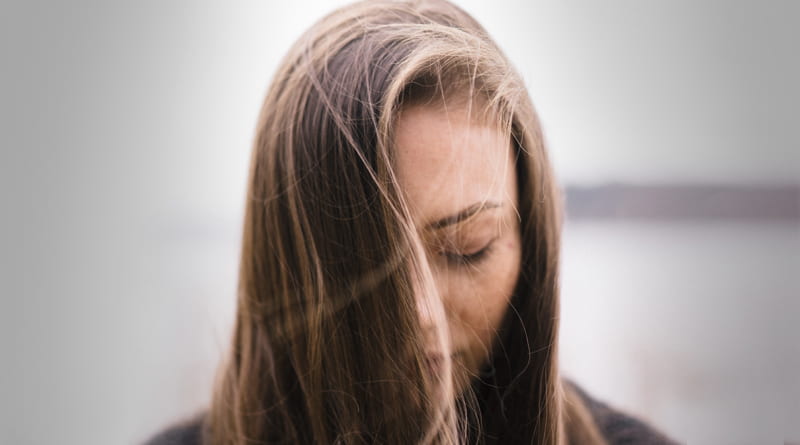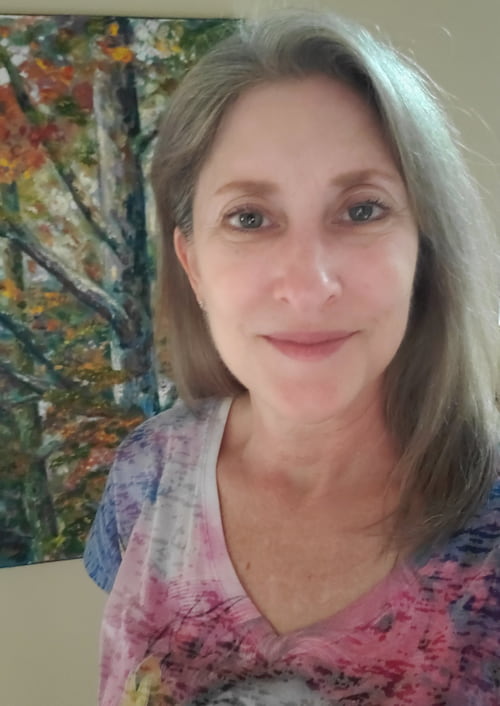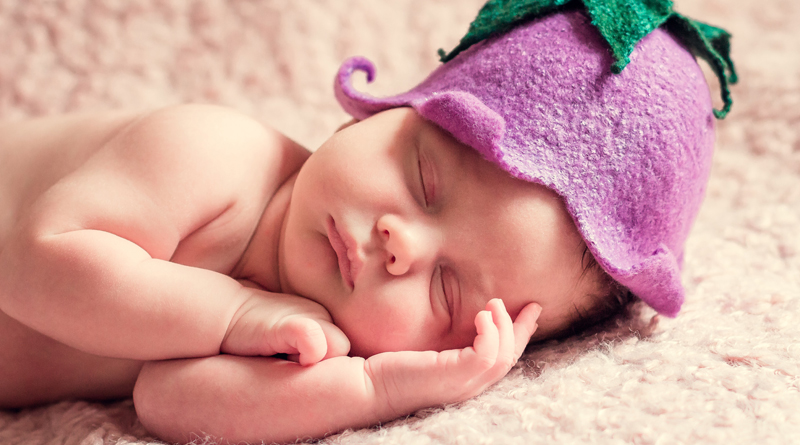
Overcoming Adversity: The Positive Side of Trauma
By Wendy Lyman
Growth Through Adversity
One of the most difficult parts of raising a different-brained child is the delicate balancing act of parenting the neurotypical sibling. No matter the sibling’s birth order, the challenges are there: Do we as parents demand assistance and nurturing from the older siblings, or do we give them the freedom to choose their level of involvement? Do we separate and protect the younger siblings from potential harm, or do we consistently incorporate them into the lifestyle to teach tolerance?
Whichever path (or combination thereof) that the parent of a special-needs child takes, the sibling journey is traumatic, and that cannot be denied…no matter how well we sugarcoat things. To borrow a quote from one of my favorite movies, The Princess Bride, “Life is pain, princess…anyone who says differently is selling something.”
Some of the most successful people found their way as a result of life traumas that pushed them in directions they would not have otherwise chosen: the child who grows up partially blind and then becomes a teacher of the blind (Anne Sullivan: instructor and lifelong companion of Helen Keller); the child who grows up with a developmentally different sibling and then founds the Special Olympics (Eunice Kennedy Shriver); the man who suffers years of physical illness and sleep deprivation, and then devotes his free time to inventing a device to help others who suffer insomnia due to physical pain (my husband); the parent of a chronically ill child who starts his own company to take on the mission of creating a medical treatment to prevent similar suffering in others with the same affliction (my son’s father).
Acknowledging that some trauma can scar us forever and not meaning to minimize that fact, we must also be able to see that growing up with trauma is not always a bad thing. I believe growing up with a sibling with autism, or one with mental health challenges, can foster a great potential for lifelong success in the neurotypical sibling when a conscientious parent is involved.
Adversity in the Family
When both my son and daughter were in elementary school, a newfound New Year’s Eve tradition came into our family. We had grown close with an Ecuadorian family and were celebrating the New Year together at our house. They taught us the custom of building a cardboard statue of an old man, symbolizing the old year, and then burning the effigy at the stroke of midnight of the new year. My family decided to add the spiritual feature of a burning ceremony. It would include writing down any negative events that had happened during the year or any fears that we wanted to let go of for the new year, and then stuffing our folded pieces of paper into a slot in the Old Man’s mouth. We believed that burning our negativity would help usher in a positive New Year.
We spent about an hour building our Old Man out of old box parts found in the garage, and then we four adults and five children stuffed our notes into his mouth as the hands of the wall clock clicked steadily around to 12 o’clock. We carried the 3-foot-tall figure outside into the cul-de-sac, and as we shouted out the midnight countdown, my husband lit the Old Man on fire.
The catharsis of watching the climbing flames licking the night sky along with the paper snowflakes that flurried up from the top of the Old Man’s head was breathtaking. The effect was magnificent, more so than I had imagined. As I looked at my family and friends, I felt hope and peace.
Then I realized we were one child short. I glanced over my shoulder to find my daughter standing much farther back from the fire than the rest of us. The expression on her face was one I can only describe as horror, as if seeing a demon arise where the rest of us found beauty and awe.
When I approached her, she started to cry, “I’m so sorry. I made a horrible wish, and I’m afraid it will come true.”
I hugged her tightly, and she whispered in my ear. “It was about Noah.”
This was one of those moments when I had a parenting decision to make. Do I give in to superstitious fears and my instincts to protect Noah by asking what she had written and possibly shaming her? Or do I let go of my fear and remind myself that thoughts are not crimes and that wishes do not always come true?
I did not ask her what she had written about her brother. Instead, I posed a different question. “Do all your birthday wishes come true?” (I felt confident the answer would be no.)
My daughter still had her face buried in my chest as she shook her head. In a muffled voice, she said, “They never come true.”
“Then don’t worry about what you wrote on the paper. You can feel whatever you need to feel; it doesn’t mean anything bad will happen.”
She pulled away from me and nodded her head in understanding. Then she and I joined the others in watching what little remained of the Old Man as he surrendered to the New Year and gave himself over to smoke and ash.
Healing Relationships
Recently, my now 20-year-old daughter and I talked about the anger she felt towards her brother while growing up. When we discussed some of her past hurtful acts committed against her brother, she showed no signs of guilt.
“I felt what I needed to feel at that time, and I did what I needed to do,” she plainly told me. “He survived.”
I do not fault my daughter for her attitude; she hated her brother for many years.
Yet, I now see my daughter and son starting to form a friendship. I have watched her encourage him to buy his first pair of jeans and a more stylish shirt, and then drive him to Publix in his new clothes to inquire about a bagger position. I have also heard about the afternoon when she, Noah, and their father made music together – Noah on his drums, his father on guitar, and my daughter singing along. And I have recently discovered that she calls her brother from time to time to check in, and she appears to be the family member who pushes him the hardest to be all he can be. (Fitting since she has just enlisted in the Navy.)
This sibling friendship is far from solid but shows great promise. And I believe both my children will be stronger adults and better people, if not because of the trauma then despite it.

Wendy Lyman is the mother of two children: an adult son with a slew of acronym diagnoses, including ASD, OCD, GAD, and UC (ulcerative colitis), as well as a neurotypical adult daughter who grew up in the shadow of her older brother. Wendy is also an ESL professor and writer of six published novels (as Wendy Ramer). A Floridian by birth and upbringing, Wendy now lives in Virginia. You can find more out more about her on LinkedIn and Amazon.




